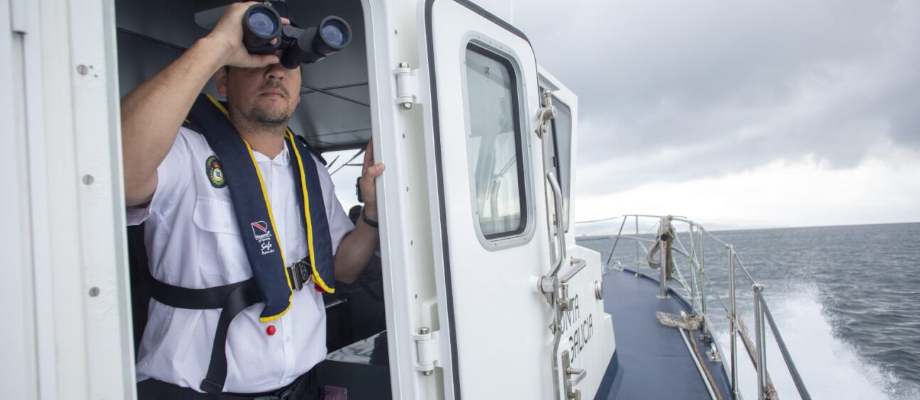On course to more sustainable deep-sea fisheries
Global deep-sea fisheries partnership takes stock of initial efforts towards sustainable use and protection of the oceans
12 December 2023

Rome – Assessing the achievements of the FAO deep-sea fisheries guidelines 15 years after their adoption, and developing an online training on deep-sea fisheries are among the first milestones of a global partnership promoting sustainable use and protection of deep-sea marine life in the ocean areas beyond national jurisdiction (ANBJ), as it gears up to bolster the protection of vulnerable marine ecosystems, slow growing deep-sea species and reduce bycatch of deepwater sharks.
“Guidelines and training are key tools to promote responsible deep-sea fisheries and biodiversity conservation,” says Eszter Hidas, coordinator of the partnership called Common Oceans Deep-sea fisheries project, at a stock taking event one year into a new phase. “They are important first steps towards achieving our goal of improving management and reducing the impact of deep-sea fisheries on the environment.”
Eszter Hidas explains that the project has a clear way forward and is now turning its attention to providing guidance on identifying and monitoring vulnerable marine ecosystems (VME), building on the success of the first phase from 2014-2019, when it helped establish 18 new VME sites with a large coalition of partners, including the regional fisheries management organizations (RFMO) responsible for deep-sea fisheries, industry, and international organizations.
These activities will improve the protection of 42 million hectares currently closed to bottom fisheries – one-third of the currently identified VME areas.
Another priority concerns precautionary measures to ensure that catches of slow growing deep-sea species, including alfonsino and armourhead, stay within limits that allow these fish to reproduce themselves. At the same time, improved data are needed for appropriate management to reduce bycatch of deepwater sharks.
Deep-sea fisheries take place typically between 200 and 2 000 meters underneath the ocean surface and target demersal species on continental shelves, seamounts and ocean ridges. In 2016, the landed catches amounted to 226 000 tonnes. Out of 51 deep-sea fish stocks, 16 were fished sustainably, 10 subjected to overfishing while the status of 25 species was unknown.
By 2027, the project aims to make sure that an additional 25 per cent of deep-sea fish stocks, about 50 000 tonnes of catch, will be sustainably managed. Moreover, it will promote adoption and implementation of international fisheries obligations to improve management of deep-sea fish stocks and reduce bycatch in over 3 billion hectares of marine habitats – about three times the size of Europe.
The Deep-sea fisheries project is part of the Common Oceans Program promoting sustainable fisheries and biodiversity conservation in the ocean areas beyond national jurisdiction. It is funded by the Global Environment Facility (GEF), led by FAO and works in collaboration with the seven deep-sea RFMOs, the private sector, and international organizations.
